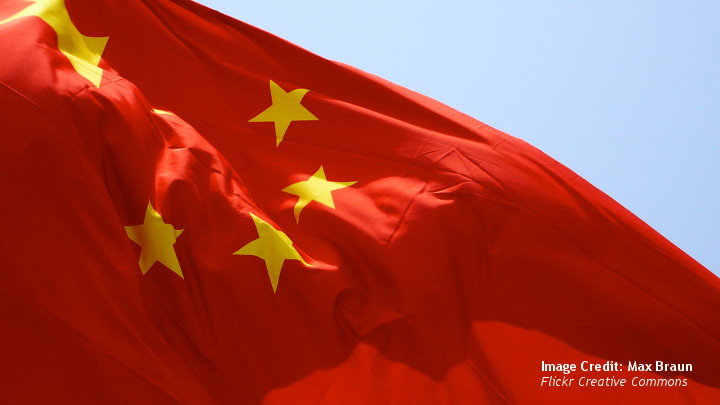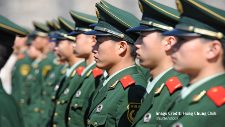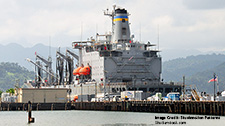Shifting China-NATO Relations: From Selective Cooperation to Strategic Rivalry?

Jagannath Panda
Introduction:
On March 15, North Atlantic Treaty Organization (NATO) General Secretary Jens Stoltenberg called on China to withdraw its support for Russia and to condemn its “brutal” invasion of Ukraine (NATO, March 15). The next day, the nationalistic state media outlet Global Times issued a scathing criticism of NATO as a “puppet” of the United States that is “stained with blood” (Global Times, March 16). China’s aversion to NATO is hardly new. However, as China continues to rise and the global center of gravity shifts to the Indo-Pacific region, Beijing’s fears that U.S. is seeking to establish an “Asian NATO” via partnerships like the Quadrilateral Security Dialogue (Quad), have also increased (China Daily, June 6, 2004; Global Times, October 11, 2020). Concurrently, China’s exponential rise, its coercive behavior and Beijing’s ‘special’ relationship with Moscow have significantly altered its relationship with NATO.
This article analyzes the drivers of the recent disconnect between NATO and China, especially given Beijing’s ambivalent position on the Russian invasion of Ukraine. In doing so, this piece seeks to answer the following questions: are Beijing’s fears of NATO expanding or replicating in the Indo-Pacific legitimate? Will the “no-limits” China-Russia friendship test existing U.S.-led Indo-Pacific security coalitions?
You can read the full China Brief on The Jamestown’s Foundation’s website.
Related Publications
-
Challenging Western Views: Understanding Power and Stability in East Asia; An Interview with DAVID C. KANG
Dr. David C. Kang is Maria Crutcher Professor of International Relations at the University of Southern California. A leading expert in East Asian security, international relations, and political economy, Dr. […]
-
China’s Quest for Military Technology through Foreign and Civil Sources: Strategic Trends under Xi Jinping and Tactical Adjustments amid Geopolitical Challenges
Over the past decades, the military capabilities of the People’s Republic of China (PRC) have witnessed remarkable developments. The Chinese People’s Liberation Army (PLA) has transformed from a large yet […]
-
To What Extent is China a ‘Security Threat’?
The current international order, led by the United States, is undergoing phenomenal political, economic, and security changes that will decide whether the order will continue as it is, or a […]
-
Needed, a Framework to Protect Undersea Cables
In the data-driven world we live in, submarine cables are the arteries that connect nation-states and their people in literally every human activity, including trade, commerce, entertainment, and social interactions. […]
-
India-Japan-Philippines: A Strategic Maritime Trilateral or More?
Regional states like India, Japan, and the Philippines have been seeking cooperative solutions with other middle powers that can both counter the Chinese influence and fulfill other economic as well […]




